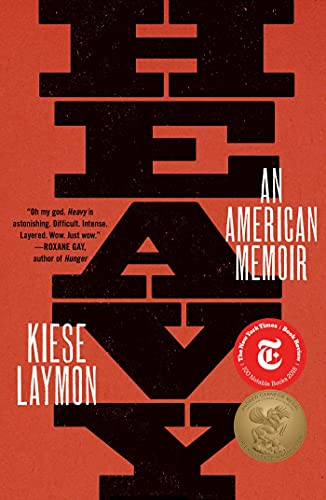At the New York Times, Tressie McMillan Cottom interviews fellow author Kiese Laymon on the fear and willingness to try anything that fuels his writing process. “When I get on that page, I’m scared, but like that fear just kind of like is always met with something,” Laymon says. “And often, that fear is met with my trying to use an assemblage of languages I haven’t seen before. I just think if I can write, it’s because I’m unafraid to fail in that medium. I’ll try anything. I’ll write anything. And that doesn’t mean — that doesn’t mean you’re going to see it, but it means that I will try anything on the page.”
Trying Anything on the Page with Kiese Laymon









